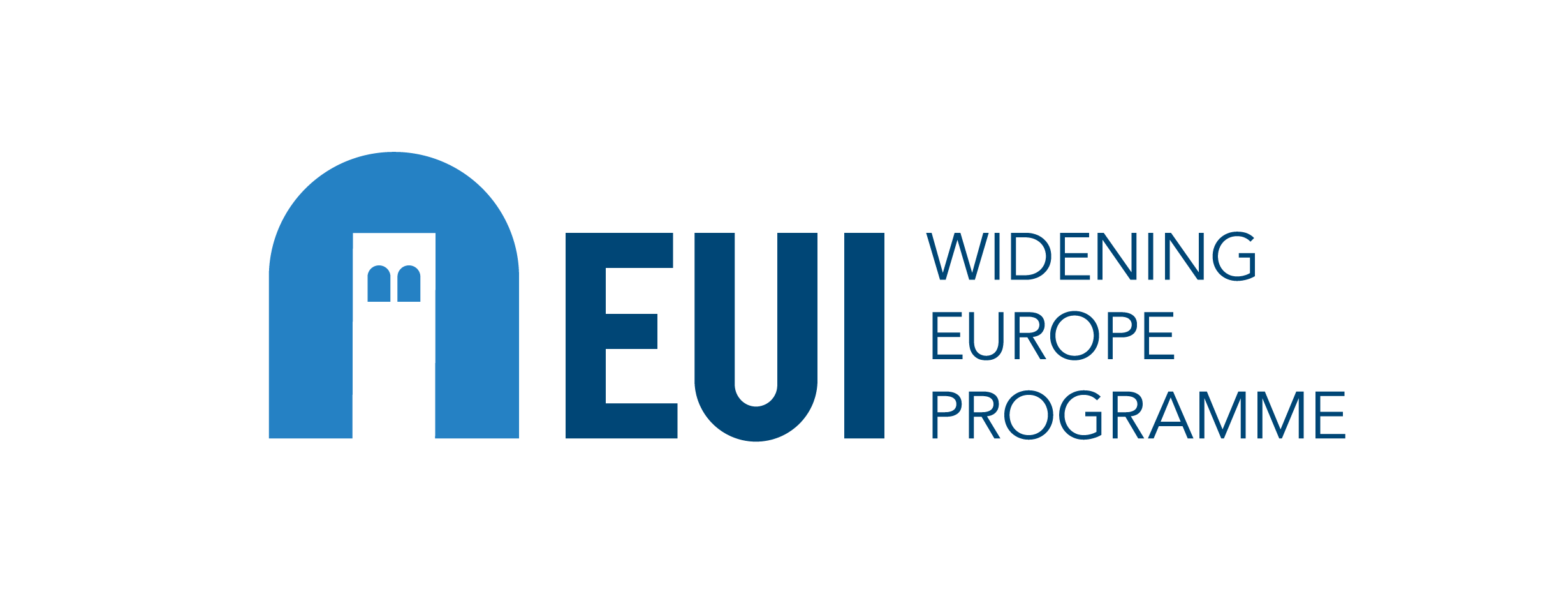
How to measure complex phenomena in the digital society?
30-31 October 2024
Capacity Building on Research Methodologies
In an era where digital transformation is reshaping societies and digital phenomena are increasingly regulated, understanding and measuring the impact of technology on the economy, social behaviour, fundamental rights and democracy has become essential. The rapidly evolving media landscape, the pervasive spread of disinformation online, and the challenges of safeguarding media pluralism are just a few of the pressing issues and complex phenomena that require rigorous analysis and innovative methodologies, which are complex in themselves.
The Centre for Media Pluralism and Media Freedom at the Robert Schuman Centre, European University Institute (EUI) in Florence is offering a unique training programme designed for early and mid-career researchers to delve into methodologies for analysing and measuring complex phenomena in the digital society.
The focus of this training is to explore the main existing sources of information and their application in measuring key aspects of the digital transformation, in addition to identifying advanced methodologies for measuring complex phenomena in the digital society. In particular, participants will explore how to: assess risks to media pluralism, evaluate the impact of online disinformation, and understand the broader implications of the digital transformation on societal structures. The programme will provide both theoretical insights and practical tools, equipping participants with the skills necessary to contribute to cutting-edge research and policy-making in these crucial areas. The call for applications for the upcoming training programme is open to all researchers in the early and mid stages of their careers.
Researchers who are either citizens of, or currently residing in EU Widening Countries (Albania, Bosnia & Herzegovina, Bulgaria, Croatia, Cyprus, Czechia, Estonia, Greece, Hungary, Kosovo, Latvia, Lithuania, Malta, Moldova, Montenegro, North Macedonia, Poland, Portugal, Romania, Serbia, Slovakia, Slovenia, Ukraine) can be granted a scholarship under the Widening Countries Programme at the European University Institute.
All applicants should have a background in social sciences, media studies, digital communication, political science, or related fields. Ideal candidates should have a strong interest in exploring advanced methodologies for the analysis of media pluralism, the impact of disinformation and AI, and their broader effects on digital society.
Learning outcomes
- Academic discussion: Engage in discussions on methodologies and metrics.
- Hands-on experience: Gain practical experience with advanced research methodologies that are also directly applicable to policy-making.
- Networking: Connecting with leading experts and peers from across Europe, building a network of professionals engaged in similar research.
- Policy contribution: Enhance the ability to contribute to policy debates and decisions in your home country and at the EU level.
Scholarships
- We offer up to 10 scholarships.
- The scholarships are available to applicants from Widening Countries. The scholarship (up to 800 euros) will contribute to cover travel expenses and accommodation (up to 148 euros/night) for a maximum of 3 nights. In addition, tuition fees, all course materials, access to the EUI library, Wi-Fi access at the EUI, social activities, lunches, and coffee breaks on lecture days, and one dinner, will be offered by the Programme.
- The EUI Widening Europe Programme – supported by contributions from the European Union and EUI Contracting States – is designed to strengthen internationalisation, competitiveness, and quality in research in the Widening countries, thereby fostering a more cohesive European Higher Education Area and Research areas.
- The scholarships are awarded by application only.
- The selection panel will consider the candidate’s professional profile, language skills and additional competencies, such as having an international profile, work experience, certificates, and other achievements.
- Ideally, applicants should have a basic grasp of qualitative and quantitative methodologies and some familiarity with social science concepts.
Scholarship application
Interested applicants should submit the following documents:
- Curriculum Vitae detailing academic background, research interests, and relevant experience. Motivation letter Explaining interest in the training, including how it aligns with the applicant’s current work.
- Deadline for scholarship applications: 22 September 2024.
- The selected applicants will be contacted by 30 September 2024.
- The selected Widening countries applicants will be granted a scholarship of up to 800 euros to attend the training in Florence.


